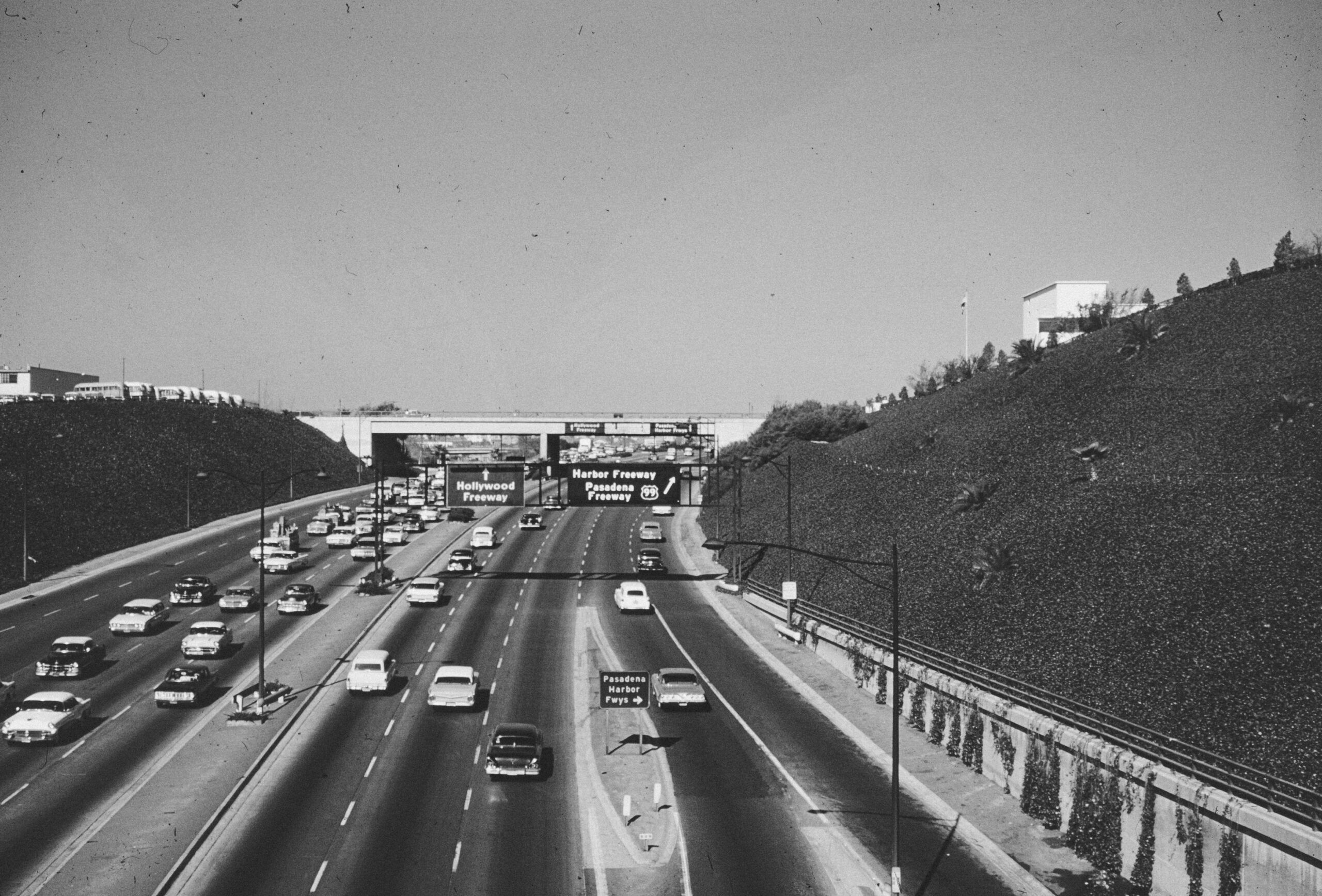By Matija Šerić
As is known to Christians and many non-believers, Easter is the greatest Christian holiday. It’s a spring day that marks the resurrection of Jesus Christ and His return from the world of the dead to the world of the living. Therefore, Easter is the most important holiday because it gives the fundamental seal to Christianity – it guarantees immortality, the coming of the judgment before God, and eternal life. All those who believe will be saved, and God will redeem their sins. Christ’s resurrection in the New Testament is a confirmation of the Old Testament prophecies in the Bible that speak of a Savior who will die for the sins of all mankind and rise again on the third day. That is why Easter is a holiday of hope, joy, new life, and the main Easter symbols are the cross, the egg, the chick, the rabbit, the wreath, and the lily. This is the true Easter from a theological point of view.
Easter – A Godsend for Capitalists
Over time, in many parts of the world (primarily in North America and Europe), Easter has taken on quite different features. It is no longer just a religious holiday, but a classic consumerist celebration. Easter fits perfectly into the calendar. It falls after Valentine’s Day and Women’s Day and before the start of the summer season. Marketing and advertising experts quickly recognized the spring timing and turned it into a consumerist megaspectacle. Mass media is full of advertisements for hams, cheeses, onions, veal, lamb, eggs, chocolate sweets, wine, and other food and drink. Easter bunnies, chicks, and giant artificial eggs are visible in store windows.
Distortion of the True Easter
The prominence of advertisements for products wouldn’t be problematic if consumerism hadn’t displaced the theological character of the holiday. In the contemporary Western world, actually, no one besides priests, monks, and a small number of devout believers talk about the religious, i.e., the true Easter. Unfortunately, a large number of Christians are unaware of the Easter they are celebrating. For many, the main focus is on buying as many products as possible from market stalls or supermarket shelves, buying gifts for children, coloring eggs, and enjoying a big meal with drinks on this holy day (perhaps even at someone else’s expense – family gatherings). If possible, many will take advantage of the extended weekend to go to the beach or the mountains.
There is no place for Jesus in most of these scenarios. Only a smaller number of believers will go to Easter Mass or donate some money or other necessities to the poor and the homeless. About 43% of Americans will attend Easter Mass, which is a decrease from pre-pandemic times when that number was around 50%. About 12% of American Christians attend Mass only on Easter to uphold tradition.
Consumerism Becomes a Shopping Holiday
Therefore, they will spend money. Easter has become a shopping holiday. Estimates suggest that Americans will spend 25 billion dollars this year on Easter celebrations. Ten years ago, in 2015, they spent 16.4 billion USD. In a decade, there has been an increase of 9 billion dollars, which is an enormous number, even taking into account inflation. The average American household spends just under $200 for Easter. The most money is spent on food, gifts, clothing, flowers, and sweets. Most of them celebrate Easter with festive meals (57%), and 53% visit friends and family.
The Introduction of Non-Christian Traditions into the Easter Celebration
Around 51% of Americans participate in an Easter egg hunt (colored or chocolate). This tradition has no original connection to Easter but became popular in many Western countries (primarily the UK and the United States) in the 19th and 20th centuries. Some pastors have recognized this and organize Easter egg hunts in fields and gardens to combine family and religious gatherings. Some pastors also organize Easter tree decorations, a tradition that became internationally popular at the beginning of this century. In this way, church members try to encompass and integrate non-Christian traditions and give them a religious touch. Children have loved both traditions, and they have become an integral part of Easter in the West. The Easter bunny has become, over time, the equivalent of Santa Claus. In both cases, these are fictional characters created by marketing experts. They have been used by those who do not believe to deliberately remove the main star of Easter, which is Jesus.
Consumerism – A Religion of Its Own
Consumerism has, in a subtle and discreet way, gradually become a separate religion. Finnish researchers Mikko Kurenlahti and Arto Salonen, who studied the connection between consumerism and faith, have called consumerism “implicit religion,” and they are absolutely right. Most people are unaware that they are actually followers of an invented and erroneous religion established by modern capitalism. However, this is the reality of the consumer society in which we live. The capitalist religion of consumerism has taken root most strongly among those who say, “I’m not really religious” and who rarely attend Mass, although they are formal believers. Aggressive secularization has actually transformed Easter from a Christian holiday into a non-Christian shopping celebration. That is why the symbols of Christianity, such as Jesus and the cross, have been pushed out of the foreground, and artificial Easter rabbits and ubiquitous chocolate eggs (symbols of secularism) have taken their place.
The Environmental Harm of Consumerism
The secularization of Easter has negative effects not only on the meaning of Easter and Christianity but also on the environment. In the UK, 8,000 tons of waste from chocolate egg packaging is generated annually, including plastic, cardboard, and aluminum foil. Around 8 million chocolate eggs remain uneaten and end up as waste. This year, Americans have spent about 3.3 billion dollars on Easter sweets. Most of them come in packaging that cannot be recycled. Easter trees or decorations made of synthetic materials may contain toxic chemicals like PVC, which are hazardous to the environment. Discarding electrical or plastic toys into the environment (as often happens) is also very harmful. Even Easter egg hunts in nature can be harmful to the environment as egg remnants, whether plastic or chicken eggs, are left behind.
A Solution for Returning to a Religious Easter
How can believers return to the true Easter? In a free world of free markets, it is difficult to prohibit Easter marketing bombardment on all media platforms and social networks. However, there is a solution. Each person decides for themselves how they will celebrate Easter. Believers do not need to spend excessively on the holidays or buy unnecessary food, luxurious arrangements by the sea, branded clothing, or expensive gifts for children (e.g., premium toys or smartphones) just to “keep up with trends.”
Easter can be celebrated in a much simpler, yet more righteous way, with much less money spent, but in an atmosphere of revived faith. Of course, no one is saying that the Easter basket should be empty. On the contrary, those who can should fill it, but moderately. After all, Christianity calls for modesty, humility, charity, prayer, and the study of the Bible, not extravagant materialism that brings with it deadly sins such as pride and gluttony. It is up to each believer to choose what kind of Easter they will have. Non-believers are not concerned with it.
Featured image: Unsplash








